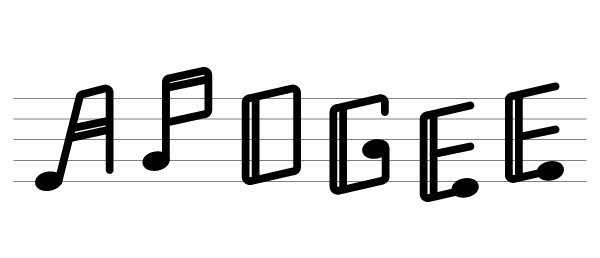

Juliana Spahr in conversation with Rosie Stockton for the third installment of the LA PRIME reading series, hosted by Stockton and Chloe Watlington at Apogee's offices in the Westin Bonaventure on April 27th, 2025.
"Poetry is what is left of life," writes Juliana Spahr in Ars Poeticas, but “to get it back will take a dismantling of everything around it.” Spahr’s six ars poetica movements ask the Brecthian question: how do we write poetry after catastrophe—especially when poetry has become the catastrophe itself? Ars Poeticas is Spahr’s first book of lyric poetry after Du Bois’s Telegram (2018), her brilliant research project documenting the state department, CIA, and FBI’s enclosure of poetry and all forms of aesthetic resistance. Du Bois's Telegram documents how post-war American national security interests have shaped everything about the way we write: The CIA funds your MFA. The FBI curates your favorite lit magazine.
Following up on that research, in 2020, with Stephanie Young and Claire Grossman, Spahr created the “The Index of Major Literary Prizes in the US,” which showed the degree to which disproportionately white, highly-educated poets win every major literary prize in the country. “God what a fucking mess.”
Spahr’s Ars Poeticas is written from within this mess. Can poetry rewild? Can it detonate its own containment? Like Brecht, Spahr does not believe nation building is a way out of the darkness. Spahr strips the poet of metaphors, so that it can confront its bare ecological grief. In Ars Poeticas the whole world exists inside the Catalina Mariposa Lily. The whole world exists inside the word bison. For a moment while reading Spahr one can “allow the inventory of the beautiful things that will soon be gone to swell in the(ir) heart.” It’s not exactly a manifesto, but it’s the closest thing we got.
- Chloe Watlington
